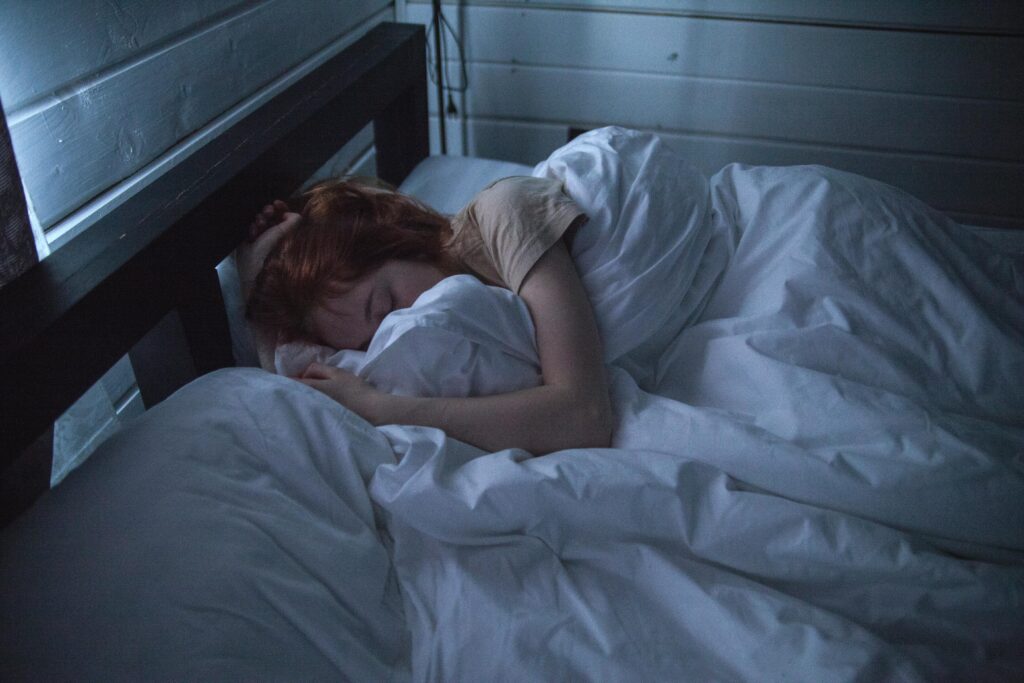The Science of Sleeping Less: Can We Really Hack Our Need for Sleep?
We’ve all heard the phrase “I’ll sleep when I’m dead,” but is it actually possible to train your body to need less sleep? In a world obsessed with productivity, scientists and biohackers alike have been exploring ways to reduce sleep while maintaining mental and physical performance. But how far can science really take us?
What Happens When You Sleep?
Sleep is not just “downtime”—it’s an active process where your brain consolidates memories, processes emotions, clears out toxins, and recharges. The glymphatic system (yes, that’s with a g) kicks in while you snooze, acting like a deep-cleaning crew for your brain.

The Myth of the 4-Hour Sleep Cycle
Some high performers claim to function on just 4 hours of sleep using methods like polyphasic sleep (sleeping in multiple short bursts). While this sounds promising, studies show that chronic sleep deprivation leads to reduced cognitive function, increased risk of heart disease, and weakened immunity.
In short: most of us aren’t Elon Musk or Da Vinci.
Are There Genetic Exceptions?
Interestingly, a tiny percentage of the population has a rare gene mutation—DEC2—that allows them to function normally on just 4 to 6 hours of sleep. These so-called “short sleepers” are genetic outliers, not role models for the rest of us.
Can Technology and Supplements Help?
Some people use nootropics, light therapy, or sleep tracking tech to try and improve sleep efficiency. While these tools may help you sleep better, they don’t reduce your overall need for sleep—at least not safely or sustainably.
Bottom Line
Science says: you can’t cheat nature forever. While experimenting with sleep schedules can be fascinating, your body and brain still need quality sleep to function at their best. So instead of skipping it, focus on making your sleep smarter—not shorter.
Have you ever tried adjusting your sleep pattern? Share your experience or questions at feedback@buzzcrate.in . we love to hear what you’ve discovered in your own sleep science experiments!
